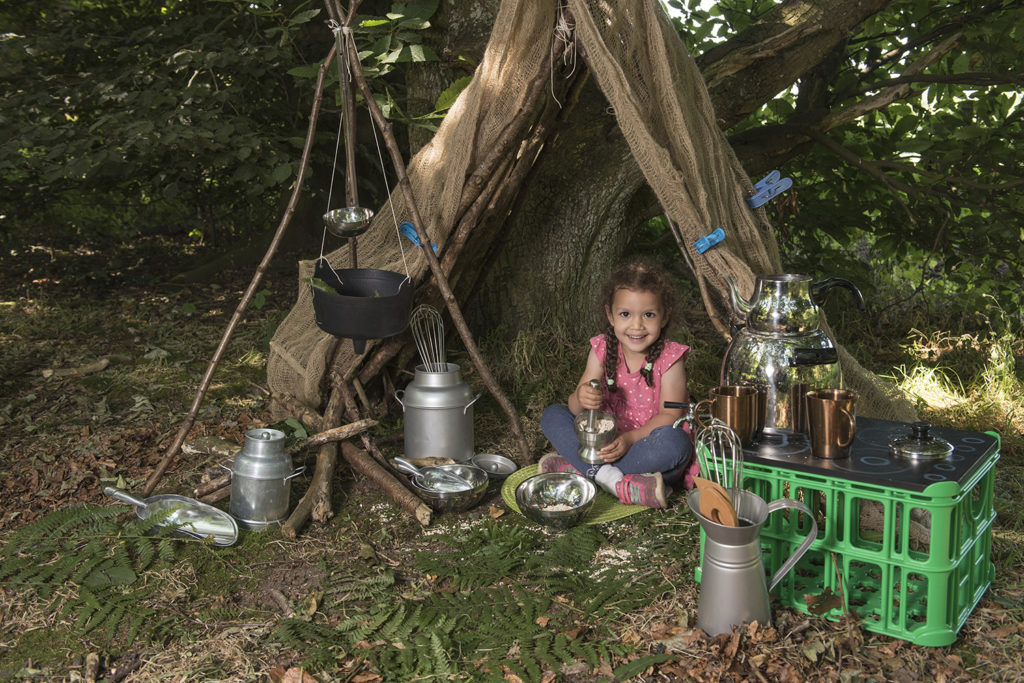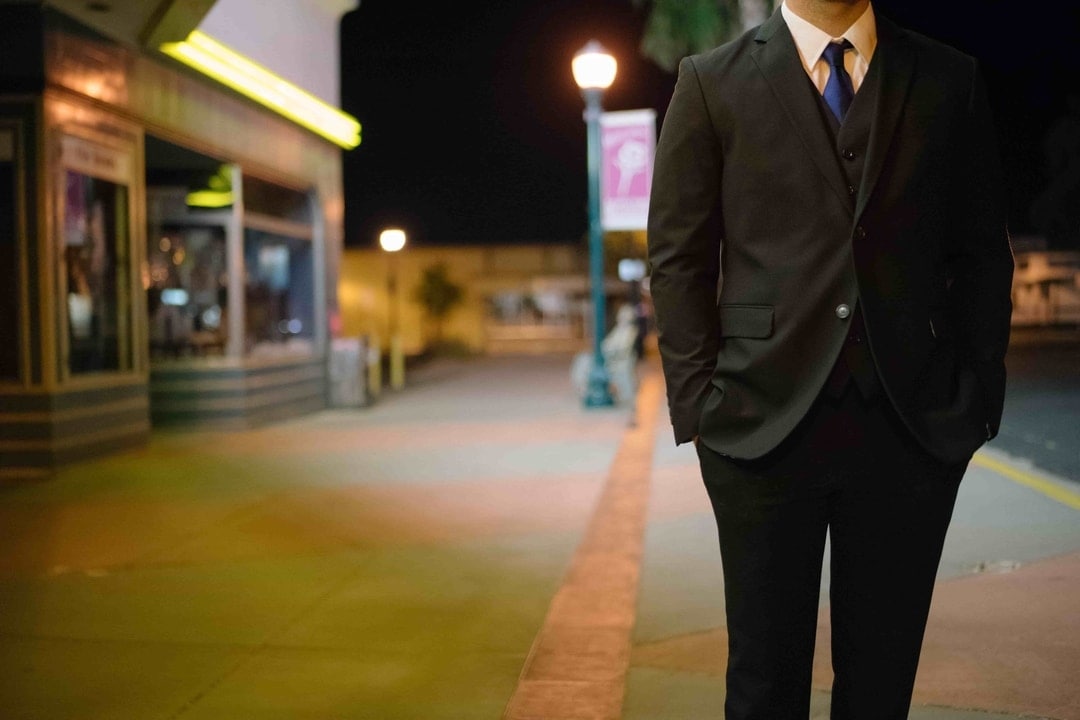Now Reading: How to Forgive Yourself for Past Mistakes Without Losing Yourself
-
01
How to Forgive Yourself for Past Mistakes Without Losing Yourself
How to Forgive Yourself for Past Mistakes Without Losing Yourself

Everyone makes mistakes. Some are small and forgotten. Others stay with us for years—reshaping how we see ourselves. Whether it was a choice you regret, a relationship you mishandled, or words you wish you could take back, self-forgiveness can feel harder than being forgiven by others. In many Indian households, especially in Tier 2 cities, where guilt often gets passed down with tradition, learning to forgive yourself becomes its own kind of healing.
Why it’s hard to let go
Unlike external mistakes, the ones we make against ourselves or people close to us carry emotional weight. We replay them in our minds, judge ourselves harsher than anyone else would, and silently question if we even deserve to move on.
Sometimes, it’s not just about the mistake—it’s about what we think it says about us. “I failed once, so maybe I’m not capable.” “I hurt someone, so maybe I’m not a good person.” These thoughts spiral quickly, making forgiveness feel out of reach.
Guilt is natural, but staying stuck isn’t
Guilt shows that you care. It’s proof of your conscience. But staying in guilt doesn’t undo the past—it only delays growth.
In Indian middle-class setups, especially in smaller cities, emotional mistakes often stay hidden under the surface. We don’t always have space to talk about them or heal openly. But acknowledging that guilt isn’t a punishment—it’s a sign that you can choose differently next time—is a powerful step forward.
Take responsibility, not punishment
Forgiveness doesn’t mean pretending it didn’t happen. It means owning up without letting the past define your present. Reflect on what went wrong, accept your role in it, and ask yourself what you’ve learned from it. That’s growth—not guilt.
Avoid falling into self-blame cycles. You’re allowed to hold yourself accountable and still show yourself compassion.
Make peace through small actions
Forgiveness is a process, not a moment. Apologise if needed. Make amends where you can. And if that’s not possible, commit to doing better going forward.
This could mean setting boundaries, changing habits, or being more honest—with yourself and with others. In many Indian homes, people rarely talk about emotional baggage. But you can break that pattern—starting with yourself.
Talk to someone if it feels heavy
You don’t have to do all the emotional work alone. Whether it’s a friend, family member, or even a therapist, sharing helps lighten the load.
Especially in Tier 2 cities where emotional health is still treated as a private matter, even one supportive conversation can change the way you look at your own past.
The bottom line
Forgiving yourself doesn’t mean forgetting the mistake. It means accepting that you’re human, learning what you need to learn, and allowing yourself to move forward.
You are not your worst moment. And no past version of you should have the power to control who you are becoming. Let that sink in. Then take a breath—and begin again.

























